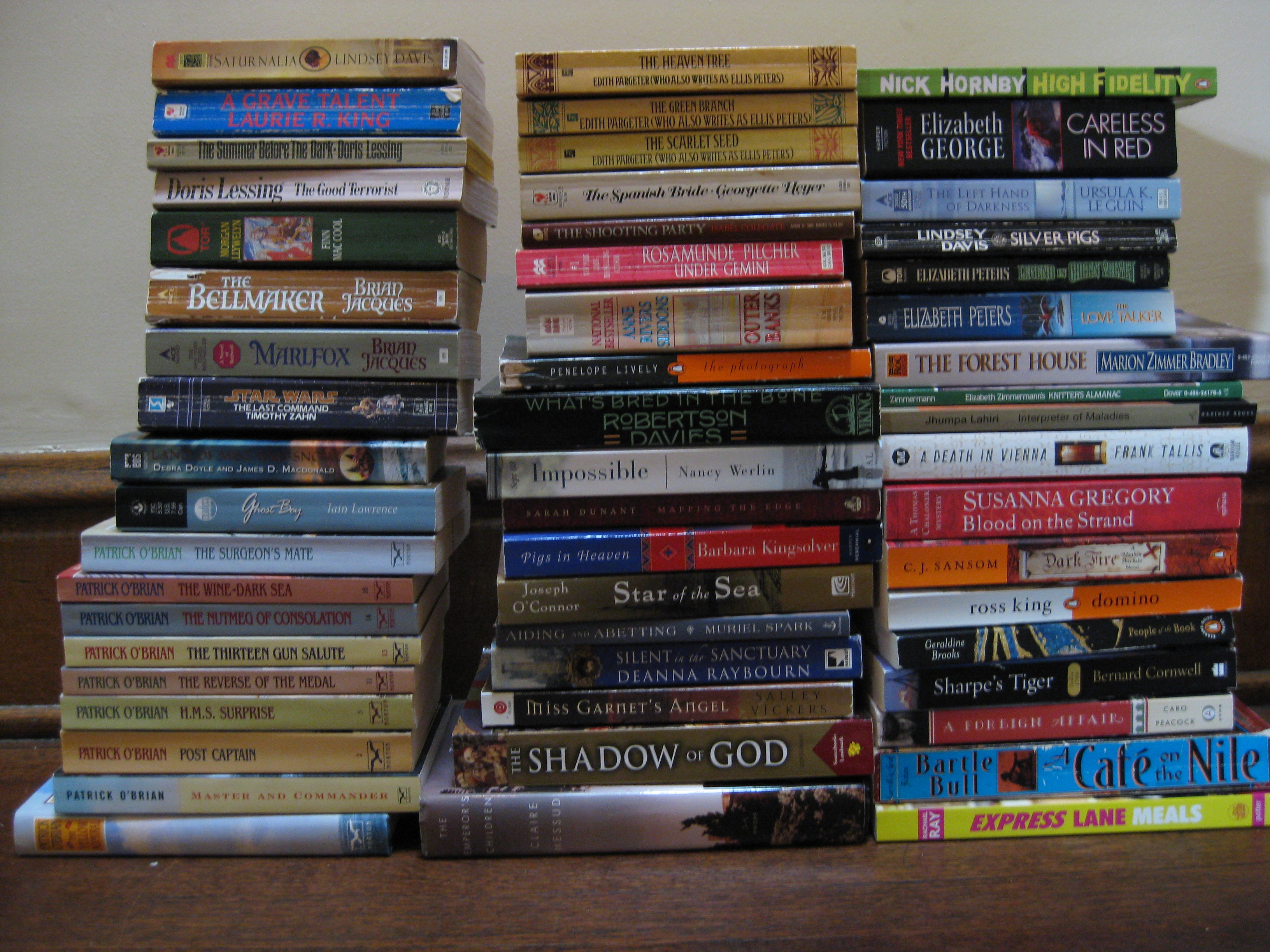Those of you who like to read it or write it may be interested in this staunch defense of the genre by Sarah Dunant, in anticipation of the award of the first Walter Scott Prize for historical fiction:
Historical Fiction is the Genre of the Moment
I must say that I personally missed the moment when it was not a prominent genre, having moved straight from Jean Plaidy and Georgette Heyer, to Dorothy Dunnett and Colleen McCullough, and then on to Dunant herself along with her other peers without a break.
Why read historical fiction? Dunant defends the genre against the tiresome accusation of “escapism,” a charge that means nothing more than someone is enjoying their reading a little too much for some else’s taste, in my opinion. If we read to learn the truth of ourselves and our world, historical fiction will always have a place, because it is sometimes only by peering deep into the past that we can see ourselves truly, as if in Tuchman’s distant mirror.
By coincience, I finished Dunant’s Sacred Hearts this very evening. It was wonderful, and took me deep into the sixteenth-century convent world that I had explored earlier this year with my students in our class on Teresa of Avila. I can scarcely believe that 2010 has brought me such treasures already as it and Mantel’s Wolf Hall, also on the Scott prize shortlist. I don’t envy the judges.
And now I am off to read the rest of the shortlist


